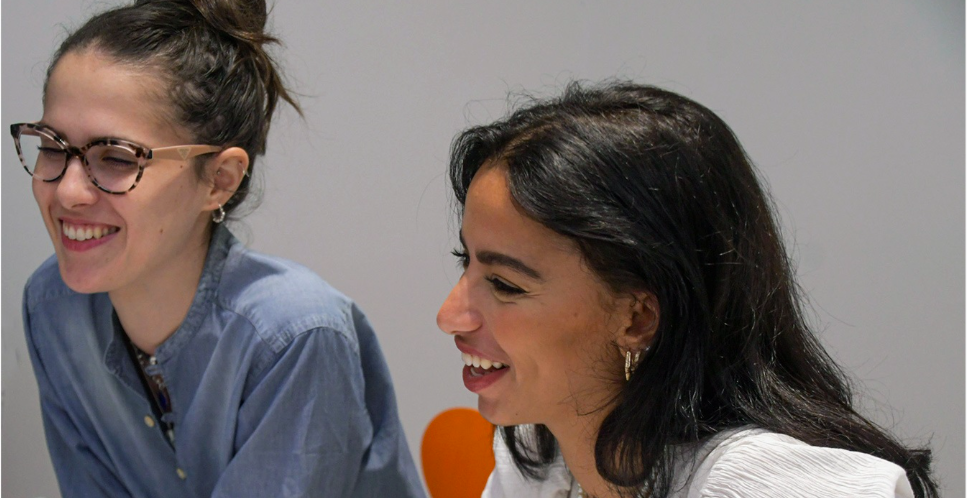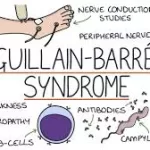Study Suggests Accessible Arts and Crafts as a Cost-Effective Strategy for Enhancing Public Mental Health
A recent study published in Frontiers in Public Health has shed light on the surprising mental health benefits of arts and crafts, showing that engaging in these activities can provide psychological advantages on par with the positive effects of employment.
The research analyzed responses from 7,182 participants in the UK’s Department for Culture, Media, and Sports’ annual Taking Part survey. Results revealed that 37.4% of participants had engaged in at least one craft activity within the past year. Those who took part in crafting reported higher levels of happiness, greater life satisfaction, and a more profound sense of life’s value—findings comparable to the mental health benefits typically associated with being employed.
The study suggests that governments and health services might consider funding or encouraging crafting activities as part of a public health strategy, especially targeting at-risk groups. By integrating crafting into mental health initiatives, authorities could promote well-being in a cost-effective manner, potentially improving overall public mental health.
While the findings are promising, the researchers caution that the study is correlational, meaning it shows a link between crafting and improved mental health but does not prove that crafting directly causes these benefits. Further experimental research is needed to establish causality, with future studies aiming to assess well-being before and after extended crafting periods.
The study highlights the importance of making arts and crafts more accessible to the public. As a low-cost and potentially impactful mental health intervention, crafting could become a key tool in the fight against mental health challenges.
Disclaimer: The results of this study are correlational, and further research is required to establish causal relationships between engaging in crafts and improvements in mental health.











